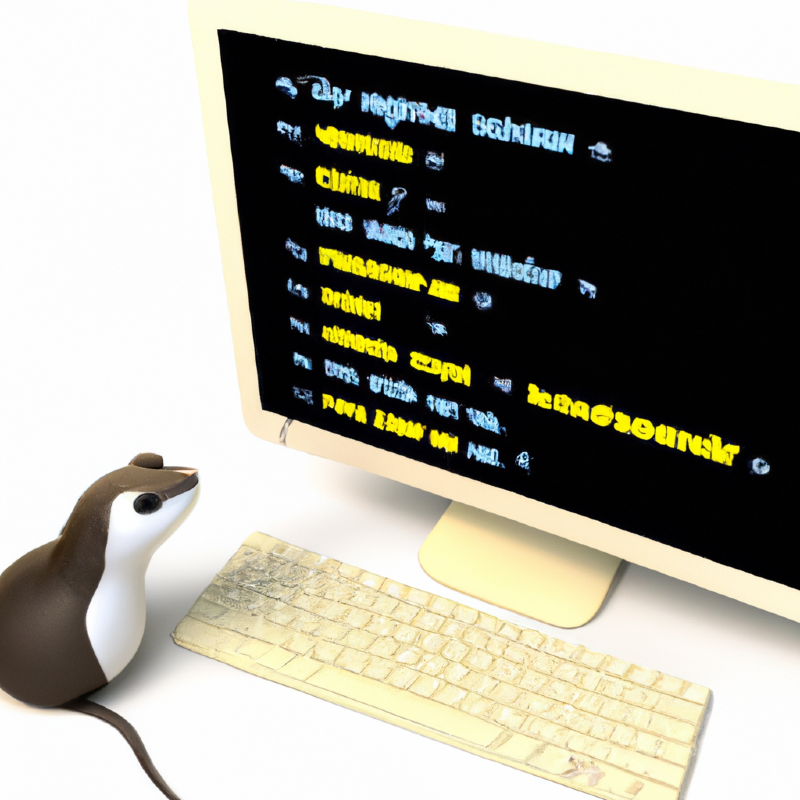Object-Oriented Programming (OOP) is a programming paradigm that is based on the concept of "objects", which can be thought of as instances of a class. A class defines the attributes and methods that objects created from it will have: Attributes are variables that store data, and methods are functions that perform actions. For example, if you had a class called "Dog", it could have attributes such as the name, breed, and age, and methods such as bark() and eat().
The main advantage of OOP is that it allows for code reusability and modularity. By creating classes, which are templates for objects, you can easily create multiple objects that have the same properties and behaviors. This makes it much easier to write and maintain large and complex codebases. Additionally, OOP encourages the practice of encapsulation, which is the process of hiding the implementation details of an object from the outside world. This helps to promote code maintainability and reduce the risk of bugs.
 OOP is also closely tied to the concept of inheritance, which is the ability for one class to inherit the properties and behaviors of another class. This allows for the creation of a class hierarchy, where a subclass can inherit the characteristics of a superclass and then add its own unique properties and behaviors. This makes it easy to create new classes that are based on existing ones, without having to write all the code from scratch.
OOP is also closely tied to the concept of inheritance, which is the ability for one class to inherit the properties and behaviors of another class. This allows for the creation of a class hierarchy, where a subclass can inherit the characteristics of a superclass and then add its own unique properties and behaviors. This makes it easy to create new classes that are based on existing ones, without having to write all the code from scratch.
Another important concept in OOP is polymorphism, which allows objects of different classes to be treated as objects of a common superclass. This means that a single method can be used to perform different operations depending on the type of object that it is called on. This is a powerful tool for creating flexible and extensible code.
Encapsulation, already discussed, is the practice of keeping the internal state of an object hidden from the outside world, and only exposing a public interface through which the object can be manipulated. This allows the implementation of an object to change without affecting other parts of the codebase, and makes the code more robust against bugs and more maintainable over time.
There are many programming languages that support OOP, such as Java, C++, C#, Python, and Ruby. Each language has its own unique features and syntax, but all of them support the basic concepts of objects, classes, encapsulation, inheritance, and polymorphism.
Overall, OOP is a powerful programming paradigm that can help developers write more modular, reusable, and maintainable code. By thinking in terms of objects and classes, you can create a structure for your code that makes it easy to understand, debug, and extend.